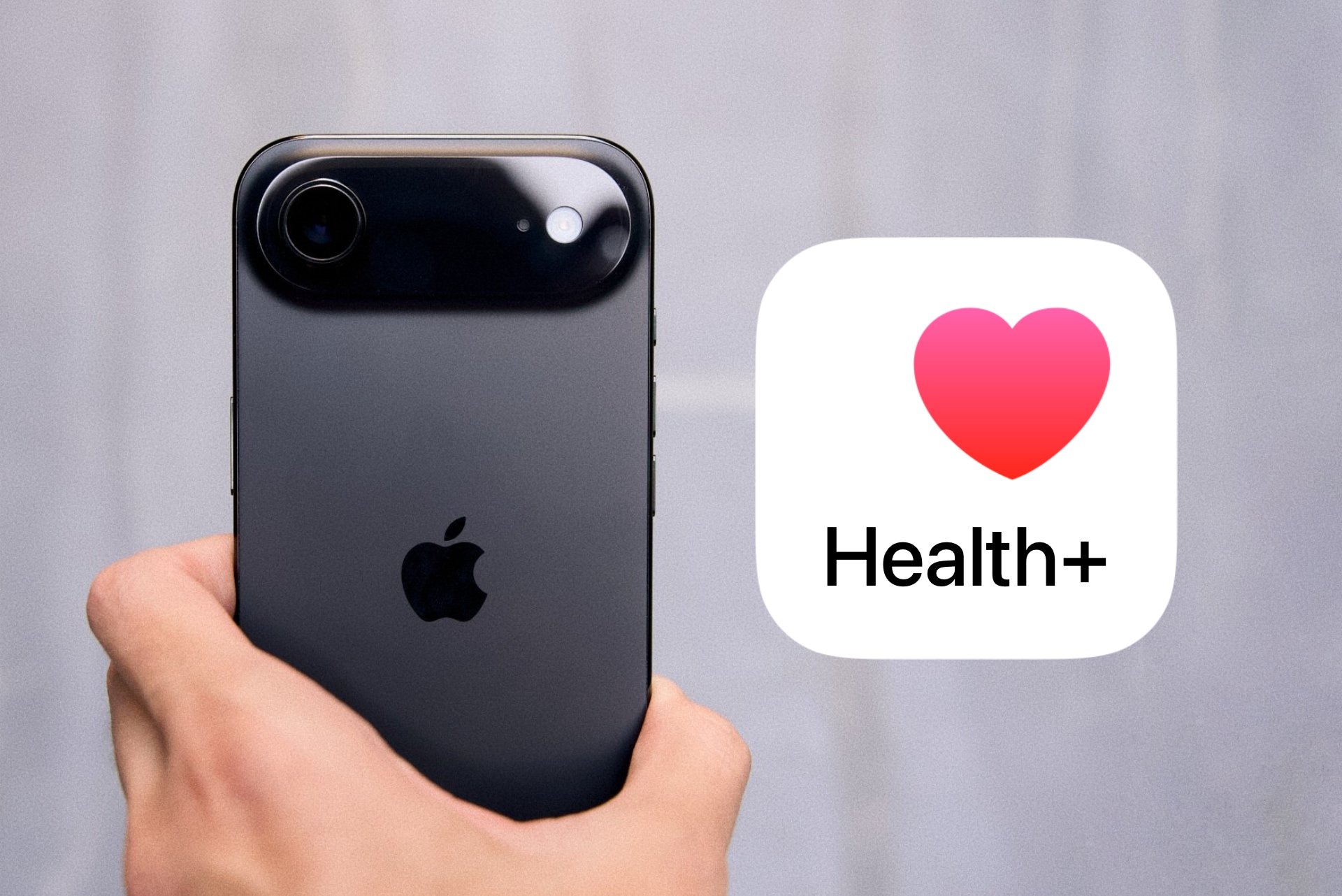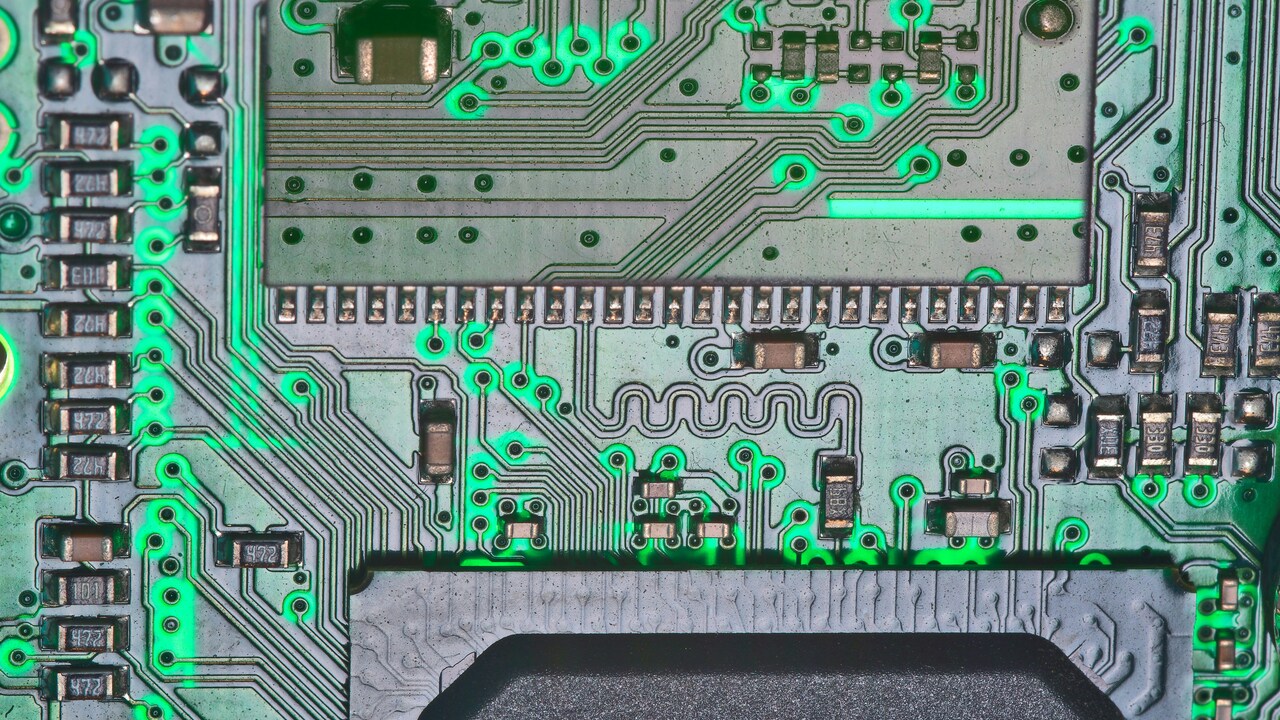St. Experts of St. Petersburg State Electrotechnical University “LETI” have developed a compact computer based on new physical principles. The new Magnonics-based reservoir computer is small enough to fit in the palm of your hand and consumes 10 times less power than similar devices. Professor Alexey Ustinov from LETI’s Department of Physical Electronics and Technology spoke about this.
Professor Ustinov noted that their development simplified the design of the tank computer, making it lighter and significantly more energy efficient. Thanks to these features, such computing devices can be widely used in the future, for example, to reduce the weight of electronic systems of unmanned vehicles. This is especially true for underwater, ground-based and airborne drones.
Most modern digital devices operate on the principles of classical electronics, which have already reached their limits. A solution to this problem could be magnonic-based computers. At the center of this scientific direction are spin waves and magnon quasiparticles. Scientists, including from LETI, have shown that magnons can solve recognition and classification problems with high speed and low power consumption, outperforming traditional transistor devices.
The hardware analogue of a neural network, a magnon physical reservoir, has the same functions as traditional software neural networks. This reservoir computer is ideal for performing neural network operations such as object recognition, spatial orientation and information systems automation. It is based on a magnetic film to which an electric current is supplied, which locally changes the magnetization field. This allows the transmission of information signals of different amplitudes encoded in bits.
Source: Ferra
I am a professional journalist and content creator with extensive experience writing for news websites. I currently work as an author at Gadget Onus, where I specialize in covering hot news topics. My written pieces have been published on some of the biggest media outlets around the world, including The Guardian and BBC News.











